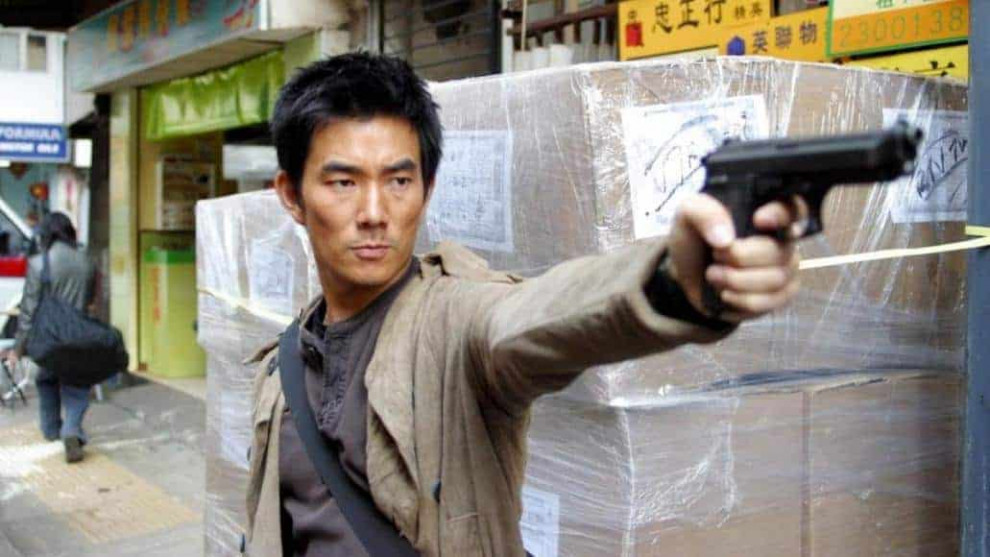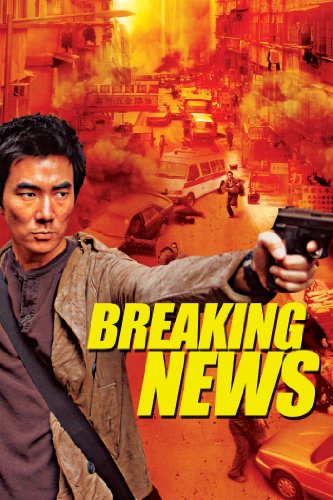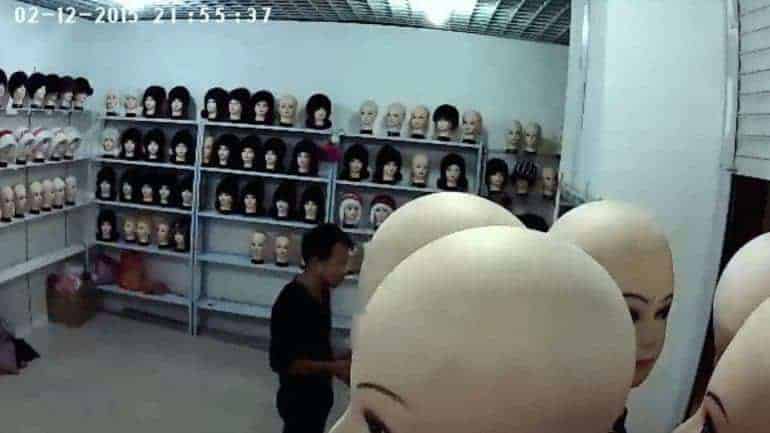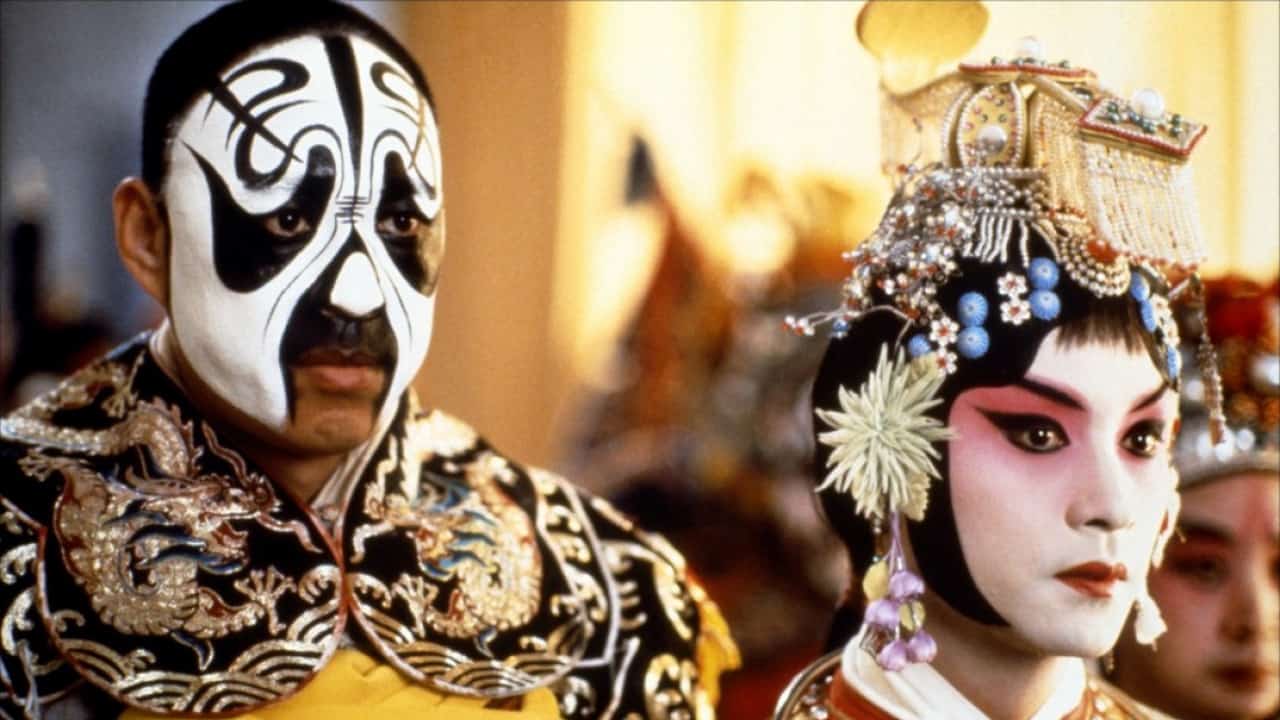Combining intense action with deep, sociopolitical context is quite a hard endeavor, but this is exactly what Johnnie To achieved with “Breaking News” as he deals with the media, apart from one of his trademark themes, gangsters and the police.
Watch This Title
After the clash of the police with a band of ruthless criminals led by the ingenious Yuen ends up with a sound defeat of the former, the media are all over the officers of the law, particularly since one of them was caught on camera surrendering to the robbers, and actually being one of the few that manages to survive. Hard-nosed inspector Cheung and his crew are initially tasked with catching the criminals, but as soon as Superintendent Rebecca Fong becomes in charge of the case, she tries to take them off the case, as her purposes are completely different: To promote police work by having the operation of arresting the criminals broadcast live.
As the hideout of Yuen's team is discovered, all media are invited to the scene. While the police suffer some sounded defeats, Inspector Fong and her media specialist feed false news to the media, despite protests from her supervisor, Yeung. However, Fong's adversary, who in the meantime has fortified himself with his gang in the apartment of Yip, a taxi driver who lives with his two children, proves at least as adept as her in the media manipulation game, and a rather intense game of cat-and-mouse ensues, while Cheung shows no will to leave the crime scene at all.
Police forces have always been getting their share of “beating” in HK movies, in one of the distinct trademarks of the scene, but this time, the concept goes completely overboard, as To has the police becoming the ridicule of public opinion, on live TV. In an era that the police force had not yet grasped and implemented the concept of media relations, at least not to the level that is today, the idea of having an officer turning an operation into a reality show emerges as truly brilliant, with Chan Hing-kai, Yip Tin-shing and the Milkyway Creative Team doing a great job in the writing department. The clash between two very beautiful, very smart young people on opposite sides of the law takes care of the rest of the narrative, with the fact that their fight is on a media level, and not directly, adding to the originality of the film. Richie Jen as Yuen and Kelly Chen as Rebecca Fong are equally great in their shared cockiness and angst.
Two more factors are equally interesting in the film. The first one is the comic relief Yip offers, particularly through his interaction with his unlikely ethical son, with Suet Lam giving another great performance in the role of the father. The second is the way Johnnie To uses Yeung, who does not have many lines but is the only one who reacts every time Fong decides to do something immoral to manipulate the media, only to be set aside by her decisiveness. Eddie Cheung is also quite good in the role of the “conscience” To wanted his audience to have.
Johnnie To's direction is once more impressive, particularly the way he stages and shoots the action, taking full advantage of the narrow corridors of the building the gang has taken a stand in, with Cheng Siu-keung cinematography capturing the many actions scenes through some impressive frames. Furthermore, the dolly shots mostly used to highlight the claustrophobic urban setting of Hong Kong in all its glory, are a wonder to look at.
As usually in To's movies, the rhythm plays a rather important part, and with the help of David M. Richardson's precise and very frequent cuts, the movement in the movie never stops, even in the non-action scenes, a tactic that benefits the narrative immensely.
Lastly, the car chase scene in the finale provides an additional mainstream element, which is though, equally well-shot and actually adds to the main clash in the film.
“Breaking News” is a great movie, one of the films that showcases all the reasons Johnnie To is considered a master of world cinema.
















